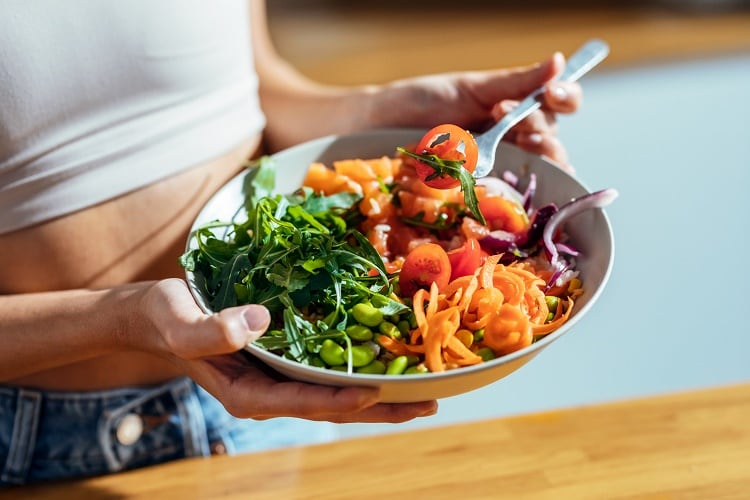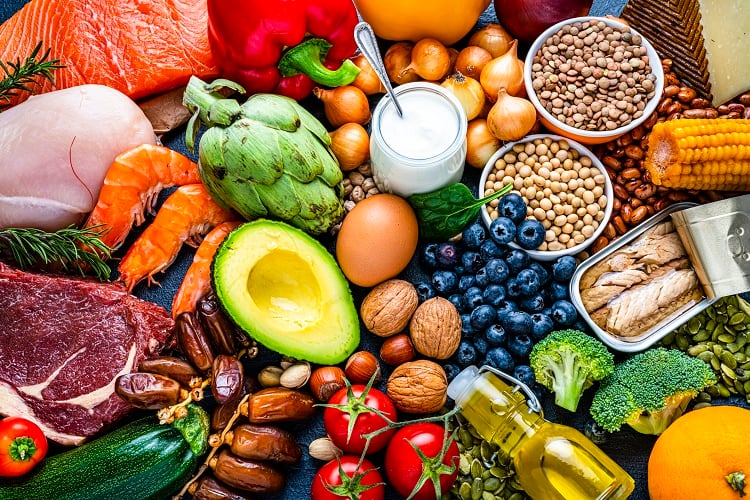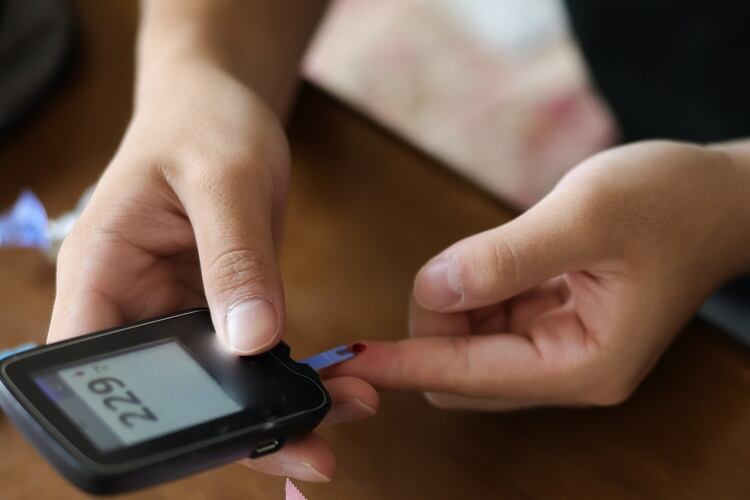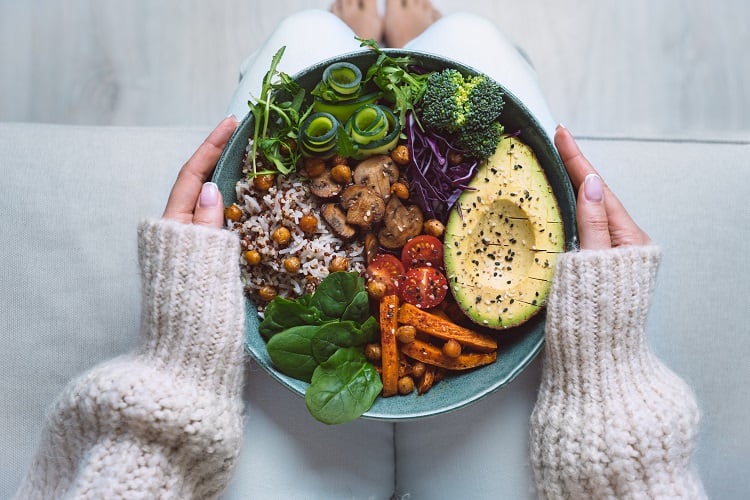How powerful is diet when it comes to overall health and could a healthy diet actually improve diabetes in a patient? A new ‘Food as Medicine’ programme, looking specifically at type 2 diabetes, co-authored by MIT healthcare economist Joseph Doyle, has attempted to answer this question. So could type 2 diabetes be treated or improved by improving nutrition?
What is diabetes?
Diabetes is a chronic, metabolic disease, characterised by elevated levels of blood glucose (or blood sugar). This elevated blood sugar can, over time, lead to serious damage to the heart, blood vessels, eyes, kidneys and nervous system.
There are two types of diabetes, type 1 and type 2.
- Type 1 diabetes, once known as juvenile diabetes or insulin-dependent diabetes, is a chronic condition in which the pancreas produces little or no insulin by itself.
- Type 2 diabetes is the more common form of diabetes and occurs when the body becomes resistant to insulin or doesn't make enough insulin. The prevalence of type 2 diabetes has risen dramatically over the last three decades.
According to the World Health Organization (WHO), approximately 422 million people worldwide have diabetes, with the majority living in low- and middle-income countries. Approximately 1.5 million deaths are directly attributed to diabetes each year.

Could diabetes be improved by improving nutrition?
The study involved 465 people with high blood sugar (glucose) levels. This was categorised as an HbA1c hemoglobin level of 8.0 or more. Participants were then split into two groups, with half given food to make 10 nutritious meals per week and half told to continue with their usual diet.
What is HbA1c?
The HbA1c test is a blood test that measures average blood sugar levels. It's one of the most commonly used tests to diagnose prediabetes and diabetes, and is also the main test to help manage diabetes.
The foods available to participants on the test diet included wholegrains, fruits and vegetables (with an emphasis on fresh as opposed to canned or frozen), lean proteins and low-fat dairy products. Within the dietitian recommendations, the participants could choose from a selection of foods. For example, meal options for one week included two types of fish, two types of poultry, five types of fruit, and nine types of vegetables. New recipes were provided each week with the goal of creating meals that were nutritious as well as satisfying.
The programme used the American Diabetes Association plate method to determine portion size.

Study results
Of the half who were moved to a nutritious diet, hemoglobin A1c levels fell by 1.5 percentage points over six months. However, trial participants whose diet remained the same, saw hemoglobin A1c levels fall by 1.3 percentage points over the same amount of time. This suggests the programme’s relative effects were limited and more focussed and controlled interventions are required.
“We found that when people gained access to food from the programme, their blood sugar did fall, but the control group had an almost identical drop,” says Joseph Doyle.

Further research required
Though the results are fairly inconclusive, there are mitigating factors to consider when reviewing them. The first being that some people in the control group, who had high blood sugar levels, were likely to improve without intervention.
“If you examine people on a bad health trajectory, many will naturally improve as they take steps to move away from this danger zone, such as moderate changes in diet and exercise,” explains Doyle.
Additionally, the research team believes that because both groups were regularly engaged with a healthcare professional, people in the control group who were intended to remain on their regular diet, may have naturally eaten more healthily without realising. A future study may therefore avoid such access to a healthcare professional for the control group.
They also believe that the fact the study took place during the COVID-19 pandemic meant outcomes may have been affected.
Finally, while the programme provided the ingredients, participants were left to prepare the meals themselves, which could affect programme compliance. A future study may achieve different results with pre-made meals.
“Experimenting with providing those pre-made meals seems like a natural next step,” says Doyle, who emphasises that he would like to see more research about 'Food as Medicine' programmes, aimed at tackling diabetes.
Doyle is quick to recognise that further research is required and does not want this single study to be the last word on the potential impact of nutrition on diabetes.
“When you find a particular intervention doesn’t improve blood sugar, we don’t just say, we shouldn’t try at all,” says Doyle. “Our study definitely raises questions, and gives us some new answers we haven’t seen before.”
In addition to the further research he intends to carry out, he hopes it “spurs more research to find methods that will have a large impact.”
Source: JAMA Internal Medicine
Published online: 26 December 2023
DOI: https://jamanetwork.com/journals/jamainternalmedicine/article-abstract/2812982
Authors: Joseph Doyle, Marcella Alsan, Nicholas Skelley et al.





